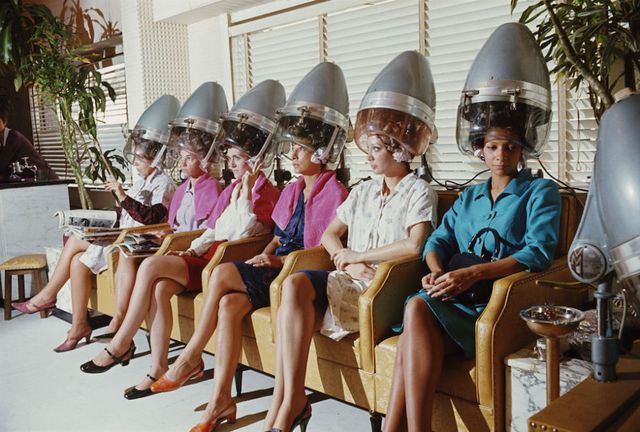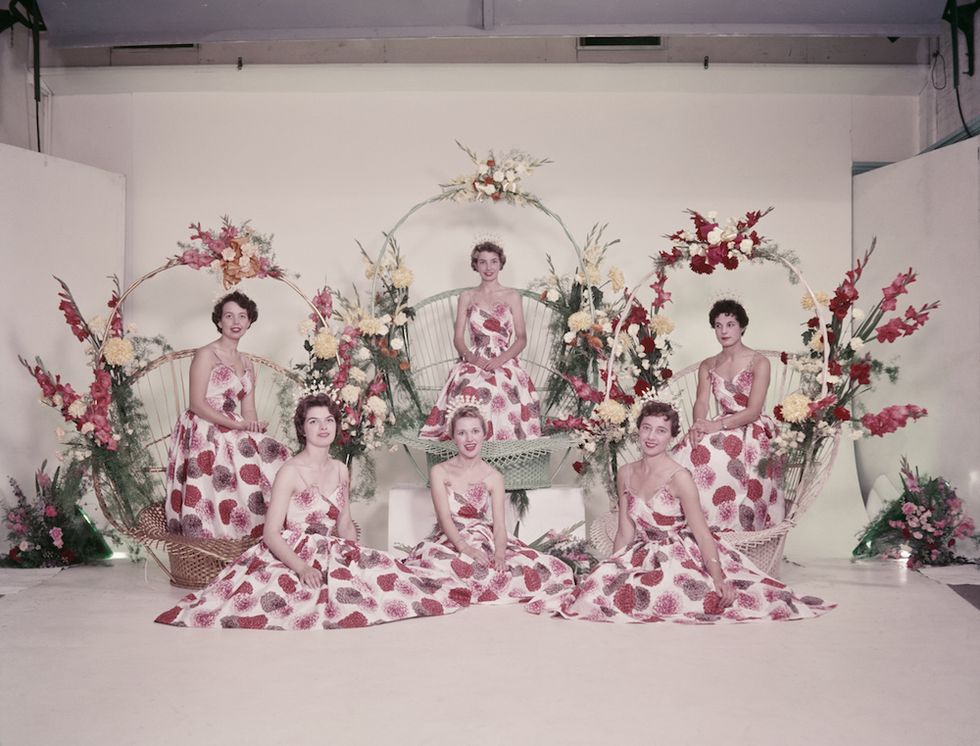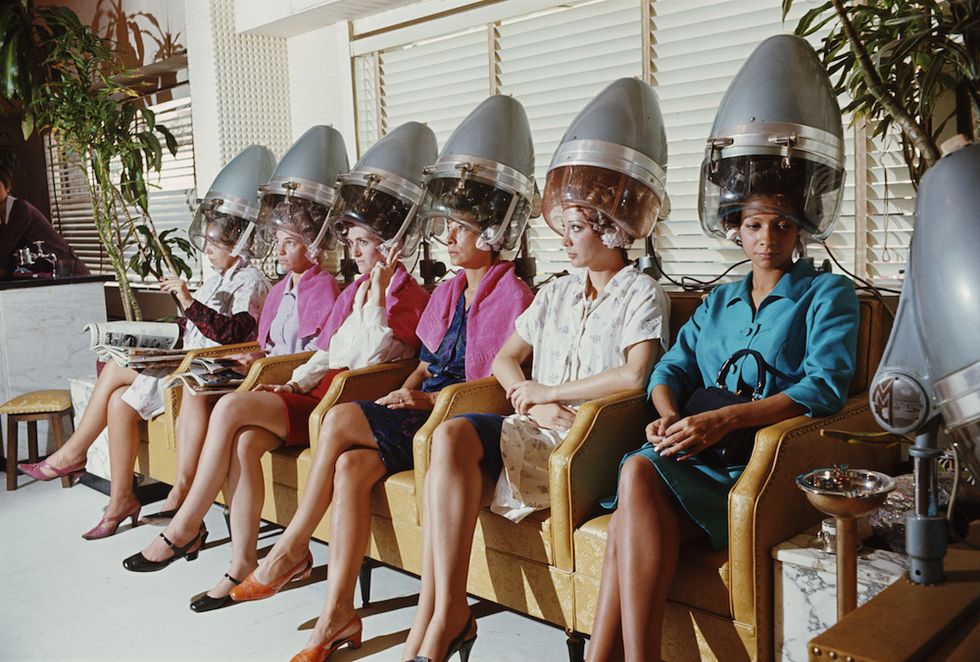With the news that Glastonbury Festival 2016 has revealed plans for The Sisterhood - a women-only space - ELLE questions whether this is really a progressive move.
We err on the side of radical change here at ELLE magazine. We work for a publishing house which is around 70 per cent women in the UK, with a female CEO; we have a transgender columnist who we regularly give a platform to at our big events and ELLE Feminism is a brand in itself, typified by our now infamous #MoreWomen campaign, so we can hardly be called conservative in our efforts to push the envelope for women and the people who identify as female.
And yet, every time someone new suggests a 'women only' environment, where women 'can feel safe' or 'comfortable,' we wince.
Glastonbury's Sisterhood, which will be created in the Shangri La area, describes itself as: 'an intersectional, queer, trans- and disability-inclusive space open to all people who identify as women' and will play host to talks, music and dance parties.
While we understand the celebration of womanhood in its many forms, and the need in 2016 to be clearly inclusive of the trans community, we aren't sure that creating an isolated space is the right move.
In a Facebook description, The Sisterhood describes itself as: 'necessary in a world that is still run by and designed to benefit mainly men,' and yet it pushes the agenda for women in a place where men won't be exposed to it.
The Sisterhood advocates change, but it does so in an environment which is exclusive of the people responsible for the enduringly patriarchal status quo.
In other words, they're preaching to the choir.
The move is arguably similar to the women only train carriages, proposed in the summer of last year by Jeremy Corbyn, in response to statistics about violence against women on late-night public transport.
Not only does a move like this feel reminiscent of measures taken in countries like India, which are much further back in the journey to equality than the United Kingdom, but it also reeks of victim blaming.

Natasha Bird is the Former Executive Editor (Digital) of ELLE.















